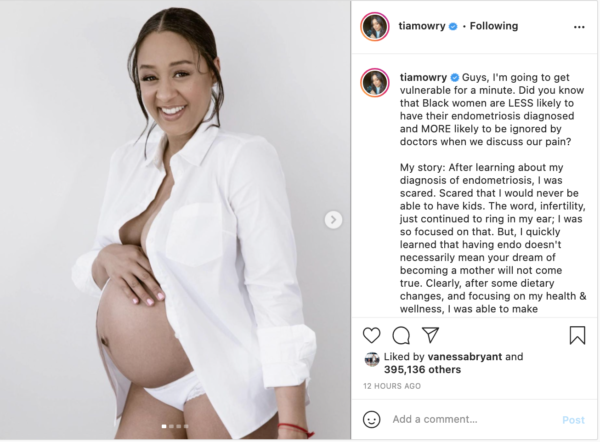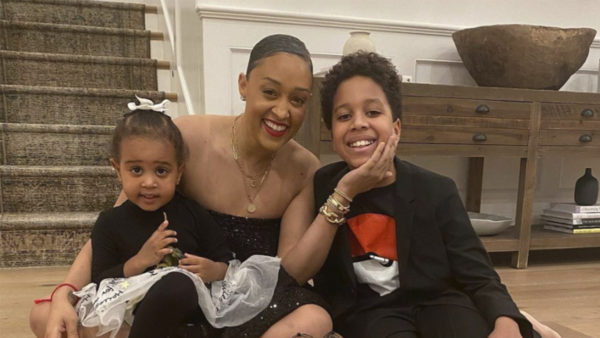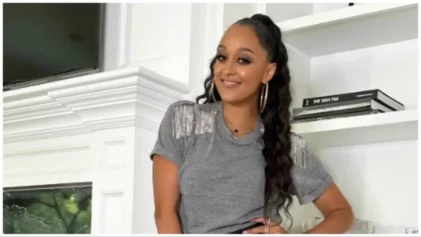Tia Mowry has been vocal about her struggles and triumphs while managing endometriosis, including in a recent message of hope she shared with her followers on March 1, which marked the start of Endometriosis Awareness Month.
The “Family Reunion” star was diagnosed with the disorder, which is the “presence of endometrial glands and stroma like lesions outside of the uterus,” in her mid-20s. Endometriosis affects about 10 to 15 percent of women of reproductive age.

Mowry has used her experiences and fame as a sounding board to raise awareness among Black women. “The Game” actress opened up about how her diagnosis immediately filled her with worry and the fear of never being able to start a family before she took charge of her health. “My story: After learning about my diagnosis of endometriosis, I was scared. Scared that I would never be able to have kids,” she wrote in an Instagram post. “The word, infertility, just continued to ring in my ear; I was so focused on that. But, I quickly learned that having endo doesn’t necessarily mean your dream of becoming a mother will not come true.”
“Clearly, after some dietary changes, and focusing on my health & wellness, I was able to make becoming a mother a reality for me,” she continued. “Not just once, but twice. So here’s to all my endo sisters – continue to hope and continue to heal!”
In her post, Tia also points out that “Black women are LESS likely to have their endometriosis diagnosed and MORE likely to be ignored by doctors when we discuss our pain.” She can attest to a similar experience taking place prior to her diagnosis, which was made by a Black woman gynecologist after years of Mowry being misdiagnosed.

“I’d been experiencing extreme pelvic pain for years and went to several doctors. Each one would brush me off. “‘Those are just really bad cramps, some women get them more severely,’ one told me. ‘Just put heat on it,’ one suggested. Another doctor simply said: ‘Get on the treadmill—working out helps.’ Deep down, though, I always knew what I was feeling was more severe than just cramps,” she shared in a Women’s Health Mag op-ed in 2018.
Once Mowry had found the right doctor, however, it didn’t take long for that doctor to finally get to the root of the actress’ issues. “She knew right away,” Mowry told Romper. “She was the first one to diagnose me. And she was also the first one to lead me in the right direction when it came to my treatments.”
Black women’s lack of accurate endometriosis diagnosis can be contributed to a number of factors including but not limited to medical racism, implicit bias and lack of medical resources. Mowry hopes that by speaking out about her journey, she’ll not only educate Black women but also help them feel less alone.
“I thought I was alone because no one I knew personally had dealt with this. And then I realized: I’d never really seen someone African American in the public eye talking about endometriosis or their struggles with infertility,” she wrote. “And when you don’t know or see anyone else who looks like you talking about what you’re going through, you feel alone and suffer in silence.”


